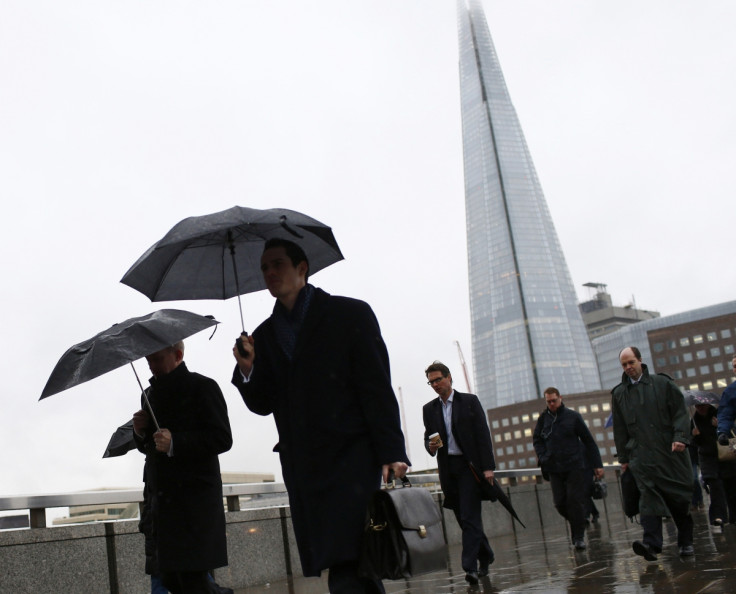Growth in UK permanent starting salaries slides to two-year low in December

Permanent starting salaries in the UK rose at their slowest pace in over two years in December, casting doubts over the health of the economic recovery, figures released on 8 January showed.
According to the Recruitment and Employment Confederation's (REC) and KPMG Report on Jobs, a monthly gauge of starting salaries fell to its lowest level since October 2013 after registering the biggest monthly drop since late 2011.
Meanwhile, starting salaries for workers entering the part-time employment market for the first time declined from the previous month and overall grew at their slowest pace since March 2014.
The figures are likely to put pressure on the Bank of England ahead of its 14 January meeting, given stronger wage growth is among the pivotal requirements the bank's policymakers want to see satisfied before raising interest rates from the current record low levels.
While Britain's unemployment rate has fallen below the levels seen before the 2008 financial crisis and the economy has grown at a faster pace than many of its G7 counterparts over the last couple of years, official average monthly earnings have been weaker than expected in recent months.
Despite the decline, however, REC retained a positive outlook on the labour market, saying it was in "great shape" at the beginning of 2016, although it warned of major challenges ahead.
"Skill shortages are a real threat to continued growth in many industries," said REC chief executive Kevin Green.
"With talent at a premium, employers will try to attract staff by increasing starting salaries.
"On general wage growth, as many businesses align annual pay rises to the rate of inflation, we anticipate that growth will remain at 1.5% to 2.5%."
Meanwhile, the report added that business confidence was gradually on the rise, with demand for permanent staff growing faster than that for temporary workers.
"We are beginning to see a shift away from short term, low-risk hiring, with demand for permanent staff outpacing that for temporary workers," said Bernard Brown, partner at KPMG.
"This indicates businesses' confidence is steadily solidifying, leading to an increased willingness to make long term investments in their workforce."
© Copyright IBTimes 2024. All rights reserved.






